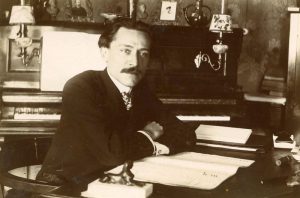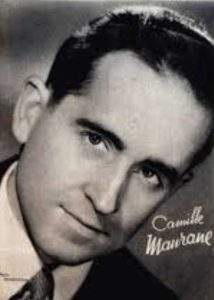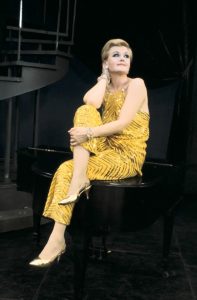Podcast: Play in new window | Download (Duration: 1:23:25 — 95.0MB) | Embed
Subscribe: Spotify | TuneIn | RSS | More
The composer Joseph-Marie Canteloube is primarily known for his lush orchestral arrangements of folk songs from his native Auvergne region. However, he also composed other work, including arrangements of French folk songs (from regions other than the Auvergne!) as well as original works including the lush orchestral song cycle Triptyque and a fascinating and unique cycle for voice and piano entitled L’arada (The Tilled Earth), set to poems in the Languedoc dialect. This work has been studied, promoted, and recorded by soprano Karen Coker Merritt, who deserves our especial thanks for bringing this unique work to our attention. Examples of all of these works are featured on this episode, which also does not shy away from exploring Canteloube’s difficult political legacy as a proud right-wing nationalist and supporter of the collaborationist Vichy government during World War II. I believe that we can and should decry such positions while at the same time exploring these works independently of and stripped (as much as possible) of their political associations. Performers (several accompanied by the composer himself) include Georges Thill, Karen Coker Merritt (performing two songs from L’arada with the exceptional pianist Sean Kennard), Geneviève Rex, Lucie Daullène, Véronique Gens, Netania Davrath, Bruno Laplante, María Bayo, and, transcendently, Frederica von Stade.
Countermelody is a podcast devoted to the glory and the power of the human voice raised in song. Singer and vocal aficionado Daniel Gundlach explores great singers of the past and present focusing in particular on those who are less well-remembered today than they should be. Daniel’s lifetime in music as a professional countertenor, pianist, vocal coach, voice teacher, and journalist yields an exciting array of anecdotes, impressions, and “inside stories.” At Countermelody’s core is the celebration of great singers of all stripes, their instruments, and the connection they make to the words they sing. By clicking on the following link (https://linktr.ee/CountermelodyPodcast) you can find the dedicated Countermelody website which contains additional content including artist photos and episode setlists. The link will also take you to Countermelody’s Patreon page, where you can pledge your monthly or yearly support at whatever level you can afford.





